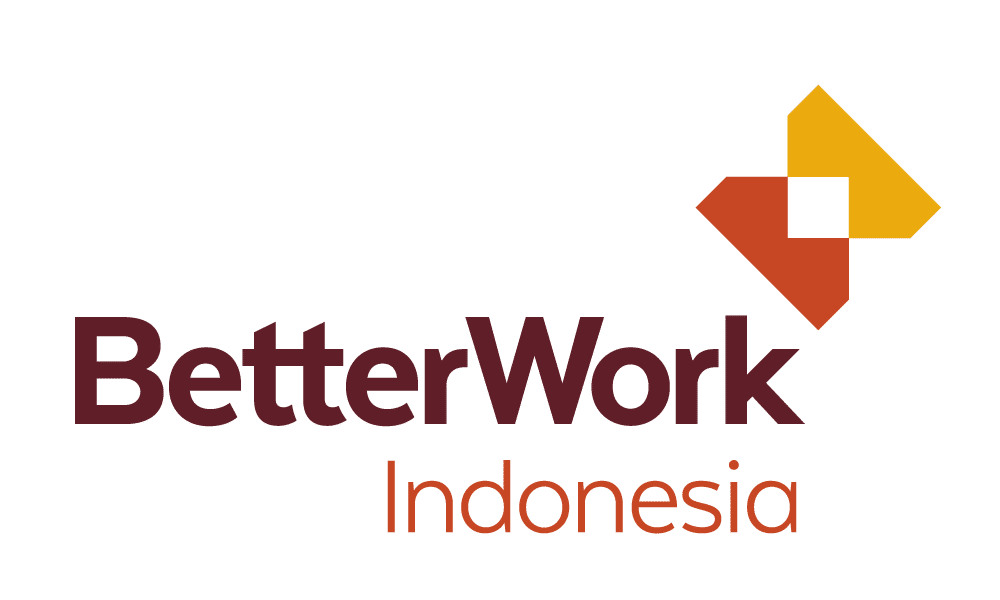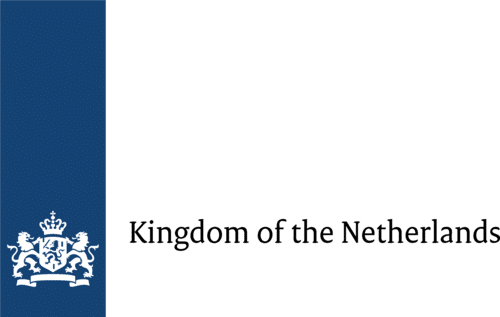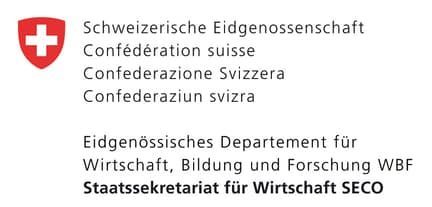Better Work Indonesia
Established in 2011, the Better Work programme in Indonesia strives to improve working conditions and competitiveness in the export garment sector and has grown to include over 200 participating factories, reaching nearly 400,000 workers, of which 80 per cent are women.
Since the start, the programme has operated consistently at multiple levels. The programme’s factory level engagement provides interconnected services that support continuous improvement for competitiveness and conditions of work, such as specialized training and advisory services, as well as yearly unannounced assessments of factory conditions measuring compliance with ILO core labour standards and national legislation.
Nationally, the programme brings together diverse stakeholders including the Ministry of Manpower, the main Indonesian garment trade union federations, the Indonesian Employers’ Association (APINDO) and the Indonesian Textile Association (API). These stakeholders shape the strategic direction of the programme, reviewing results and priorities and setting forth a vision for how diverse interests can be met. The programme also engages directly with international brands and retailers in the garment industry, providing information on non-compliance at the firm level, promoting improvement and sustainability in supply chains where buyers source and influencing business practices of companies with the biggest impact on the sector.
Through its activities in the garment sector, Better Work Indonesia has helped participating firms improve working conditions by raising levels of compliance with national labour law and international standards. Through its convening function among key stakeholders, the programme has provided inputs and data on national labour policy in several areas.
In 2016, Better Work Indonesia established the Kemitraan Kerja Foundation (Yayasan Kemitraan Kerja), a national non-profit organization, as part of a long-term sustainability strategy. Initially created to support the implementation of the Better Work Programme, the Foundation now plays an expanded role in advancing decent work and social compliance across Indonesia’s garment sector. With a team of over 40 professionals and deep roots in local industry and stakeholder networks, the Foundation works directly with factory management, workers’ representatives, trade unions, government institutions, and brands to improve working conditions, promote responsible business practices, and strengthen industrial relations.
As Better Work Indonesia transitions, the Kemitraan Kerja Foundation will assume full operational responsibility for the programme’s activities at the factory level, while continuing to collaborate closely with the ILO and Better Work. This evolution ensures the sustainability, national ownership, and local relevance of efforts to improve working conditions in Indonesia’s export garment industry.




